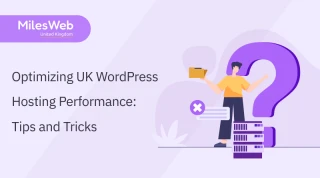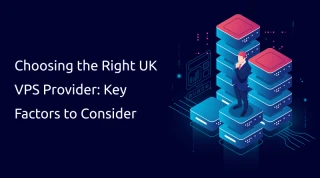Table of Contents
In the business world, understanding various strategies and staying compliant with regulations is key. Whether it’s leveraging customer references for growth or ensuring contracts are followed, each aspect plays a vital role. Building strong foundations in these areas not only fosters steady progress but also ensures ethical and legal practices. Dive deeper into the significance of each of these aspects in shaping a thriving business venture. Let’s explore these essential practices below.
Unlocking Customer Reference Programs and Their Business Impact
Customer reference programs are powerful marketing tools that rely on satisfied customers to build trust. By encouraging existing customers to promote products or services, these programs create brand advocates. This word-of-mouth marketing is highly effective, as potential customers often trust recommendations from peers more than traditional ads.
Implementing such programs can lead to increased sales leads, enhanced brand reputation, and a more robust sales pipeline. Customer references also help speed up the sales process by providing genuine endorsements that resonate with potential buyers.
For successful implementation, it's essential to balance customer participation with meaningful rewards beyond financial incentives. Appreciating customers for their support strengthens their bond with the brand. Offering diverse reference types, such as case studies and testimonial videos, caters to different audience preferences. Tailoring these programs to match target market needs maximizes their impact.
Developing Effective Customer Reference Strategies
A successful customer reference program starts by identifying and engaging enthusiastic clients who can advocate for your brand. Personalized engagement strategies are key to nurturing their involvement and aligning them with your company’s growth.
Curating compelling content ensures that each customer story authentically highlights your product or service's value. These narratives should be engaging and relatable to resonate with potential customers.
Maintaining an active program involves regularly updating reference materials to reflect new successes and ensuring a diverse range of references across industries and use cases. Measuring impact through engagement metrics like sales usage and conversion rates allows for continuous improvement, ensuring the program remains effective.
Implementing Strong Contract Compliance Strategies
Contract compliance ensures that all parties involved adhere to contract terms, minimizing legal disputes and ensuring consistency. Leveraging technology, such as document management systems and AI, streamlines the process of tracking non-compliance.
Educating employees on compliance importance fosters a culture of shared responsibility. Regular monitoring and audits help identify and address issues before they escalate, saving costs in the long run.
Navigating Contract Management Complexity
Effective contract management covers the entire contract lifecycle, from initiation to termination or renewal. An organized approach enhances visibility and accessibility for all stakeholders, ensuring contractual obligations are met and optimized for performance.
Strategic negotiations are essential for crafting agreements that offer flexibility and scalability to accommodate business growth. Clear terms prevent misunderstandings that could lead to compliance issues.
Aligning contract management with business objectives ensures each contract supports the overall strategy, maximizing value from partnerships. This requires close collaboration between contract managers, strategists, and operations teams.
A centralized contract management system provides real-time updates, reminders for critical milestones, and a transparent overview of contractual relationships. This oversight enables informed decision-making and effective management of business dealings.
Using Analytics to Monitor Business Performance and Compliance
Analytics are essential for monitoring business performance and ensuring compliance in today's data-centric landscape. Analyzing data provides valuable insights into areas of success and areas needing improvement, influencing decisions across various strategies.
Compliance analytics help identify patterns indicating breaches or inefficiencies, enabling businesses to remain vigilant within regulatory frameworks.
Predictive analytics play a proactive role in anticipating market trends, customer behaviors, and compliance risks, allowing companies to adapt strategies while maintaining compliance.
Implementing analytics requires balancing data collection with privacy concerns, respecting customer privacy while leveraging data to enhance operations and compliance efforts.
Overall, integrating customer reference programs, contract compliance, contract management, and analytics into a cohesive strategy is fundamental for effective business operations. This multifaceted approach, emphasizing attention to detail and strategic thinking, is essential for success in today’s competitive landscape.

















 +91
+91 